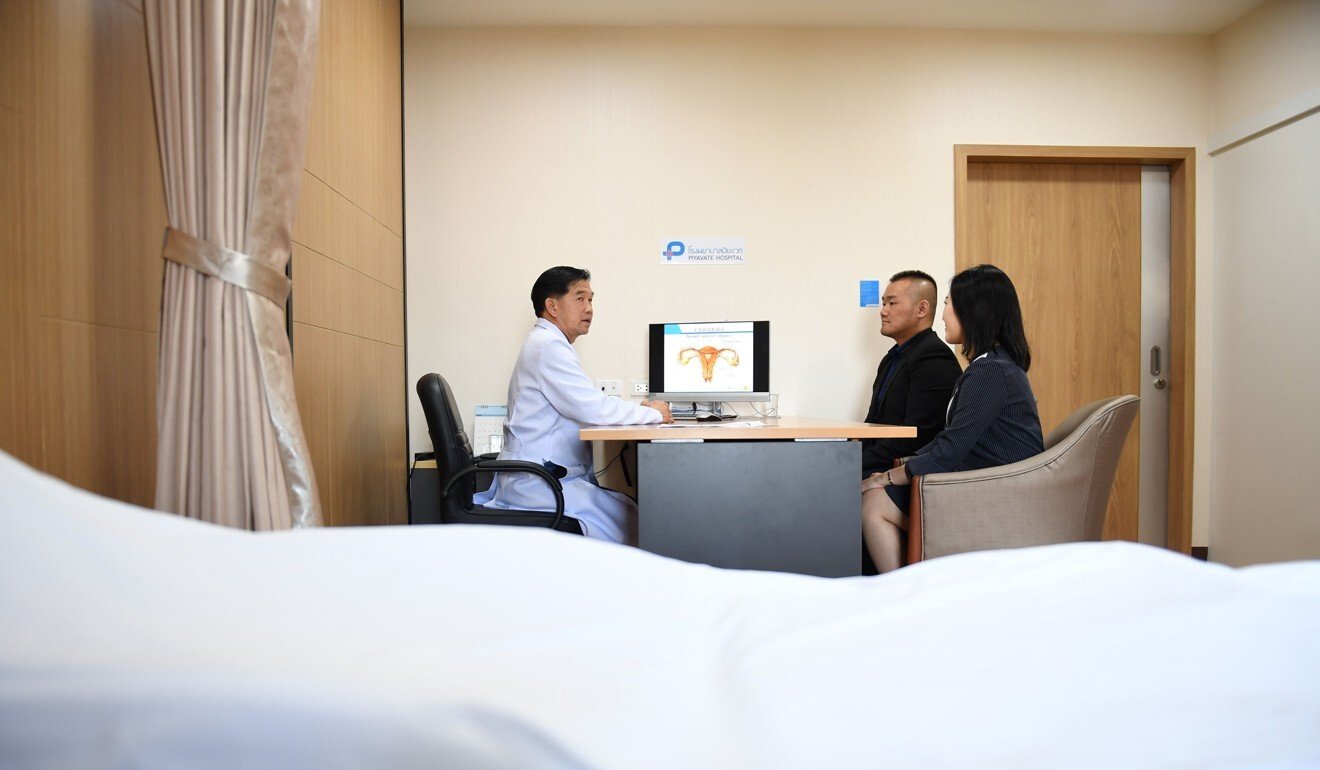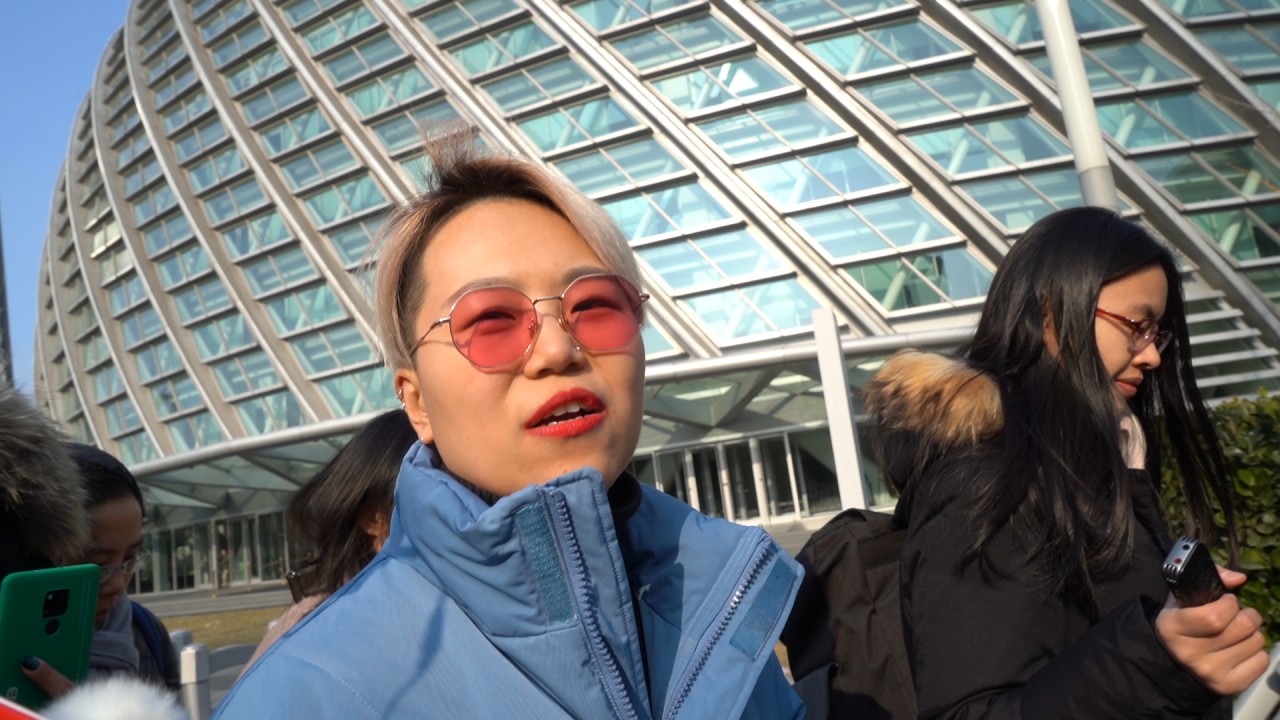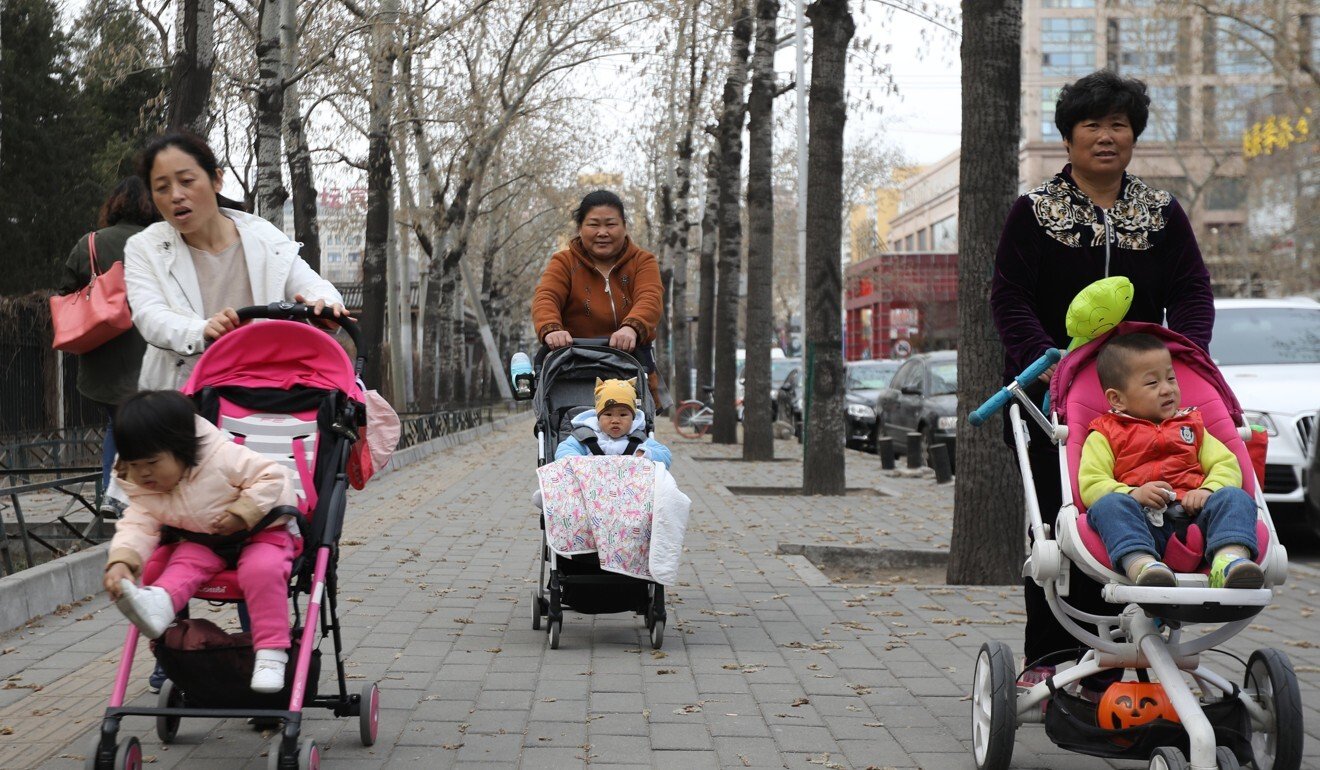
New documentary series offers a window into the world of Chinese women who struggle to have children
- Wonderful Birth is generating a widespread discussion about the pressures faced by many Chinese women of child-bearing age
- It also showcases the sacrifices these women are willing to make if they struggle to get pregnant
The stories of these families are part of a new documentary series called Qi Miao de Dan Sheng, or “Wonderful Birth”, which focuses on the trials and tribulations of starting a family in China.

The documentary, produced by Yang Yuancao and directed by Chen Lu, both relatively unknown, premiered on Youku.com, the Chinese version of YouTube, on April 29.
The series has broadcast three out of six weekly episodes, with the last one available for streaming on May 13. However, the fourth episode, which audiences expected on May 20, was not aired.
The setting for the documentary is a Shanghai hospital that uses assisted reproductive technologies. The plot follows different families in their pursuit of a child.
“We have different situations, different backgrounds, different life stories, I have no right to judge,” Yang, the producer, wrote on Weibo. “I hope this documentary can help direct more public attention to women’s health and choices.”
Even though not all the episodes are online, the documentary has already generated a heated discussion in China. On Weibo, the topic has been viewed more than 150 million times, and many have given it five-star reviews on Douban, a Chinese equivalent to Rotten Tomatoes.
“I recommend all women and men at a child-bearing age watch this documentary,” said one fan on Douban.

03:18
Single Chinese woman wants the country to allow her to freeze eggs for IVF
Another wrote: “As someone who had just had a baby, I can especially empathise with the women in the documentary. Everybody has their pains and sorrows, but women definitely have faced more pressure about having kids than men.”
Chinese society has long put pressure on young people to start families, and there is a traditional preference for sons.
But nowadays, young people are less enthusiastic about the prospect of having children. The situation has become far more urgent in recent years as demographic data pointed to a society that is ageing rapidly.
While China’s population continues to grow, according to its 7th population census released in early May, the rate of growth between 2019 and 2020 was less than one per cent. The number of new births in China fell for the fourth consecutive year to just 12 million newborns in 2020.
In 2021 the government launched a new law to discourage divorce called a “cooling-off period”. It forces couples to wait for 30 days between filing for divorce and completing the process.
The government has also launched more advertising campaigns nudging people to have more children in the face of its ageing population.
While making the documentary, Chen said she initially felt sad that the women viewed having a child as their top priority in life, and she was angry that their parents had placed this pressure on them.
“If they did not consider having a child as their most important priority, they wouldn’t know what to do with their lives,” she told Shanghai-based news portal The Paper. “After they gave birth, their own names disappeared. They became ‘someone’s mom’.”
But gradually, Chen’s views shifted. She said that expecting these women to fight against a mindset formed by a culture over thousands of years was unreasonable.
Alice Chen, a Beijing resident, said she watched her friend go through several rounds of medical treatment for an IVF treatment. It cost the friend 50,000 yuan (US$7,798) for every attempt and she had already tried three times.
The treatment, a shot that stimulates ovulation combined with drugs, takes a toll on the woman’s body and does not ensure success.
“I wanted to persuade her to give it up, but seeing how she and her husband really wanted a child, I could not bring myself to say it,” Chen said.
She said the husband thinks having a child would make family life happier, which is a common perception in Chinese society.

The last time a documentary about birth generated this much conversation was in 2016 when director Chen Weijun’s This is Life debuted.
That documentary followed doctors at the obstetrics and gynaecology department at the Zhongnan Hospital of Wuhan University to witness families going through birth-related surgeries.
In the process, the doctors faced difficult decisions, such as whether to remove a woman’s ovary to save her life even though her family repeatedly pleaded to keep it so that she can have more children in the future.

.jpg?itok=H5_PTCSf&v=1700020945)